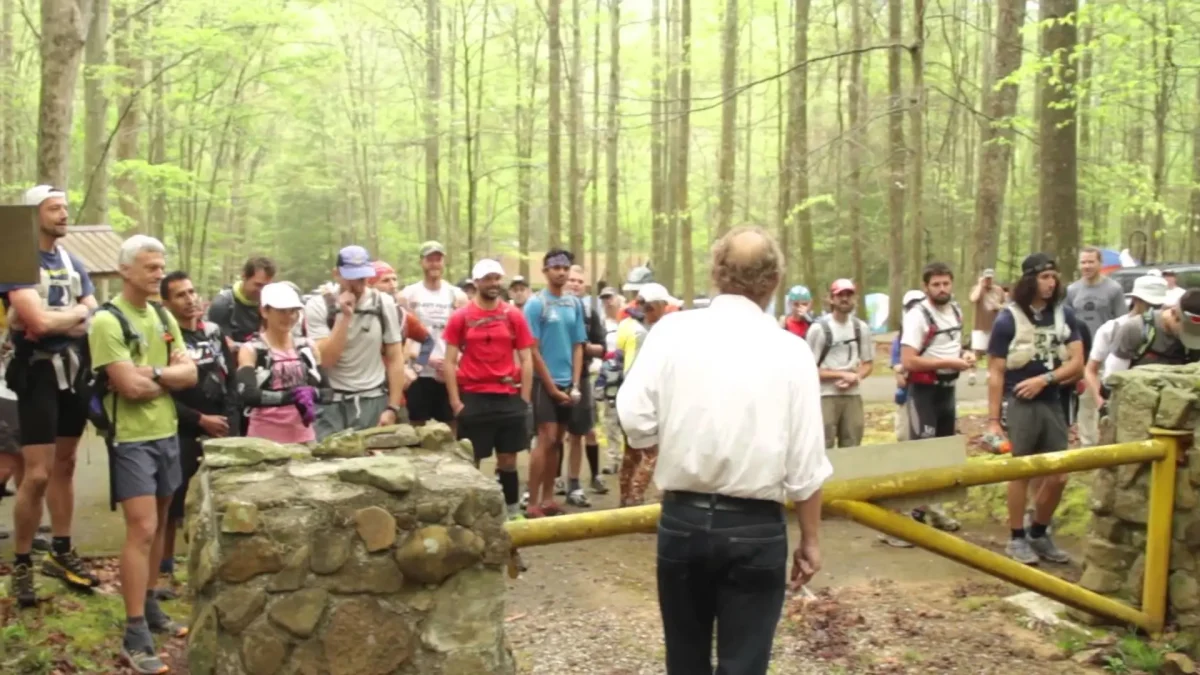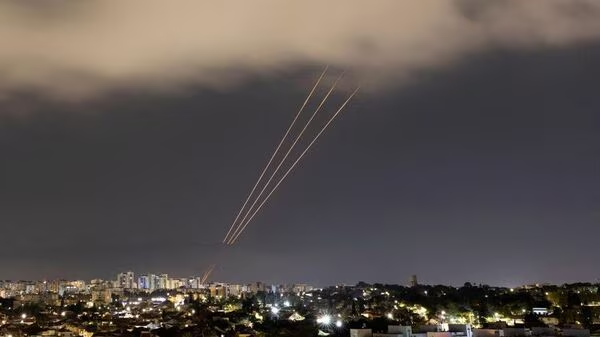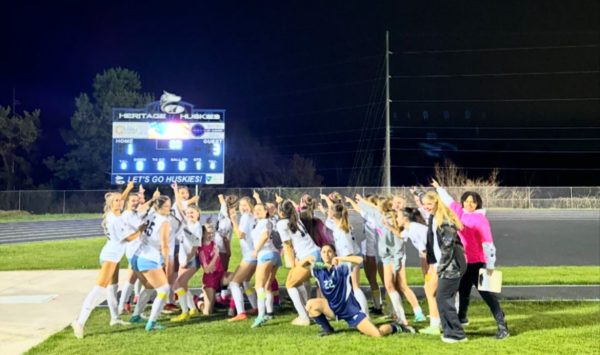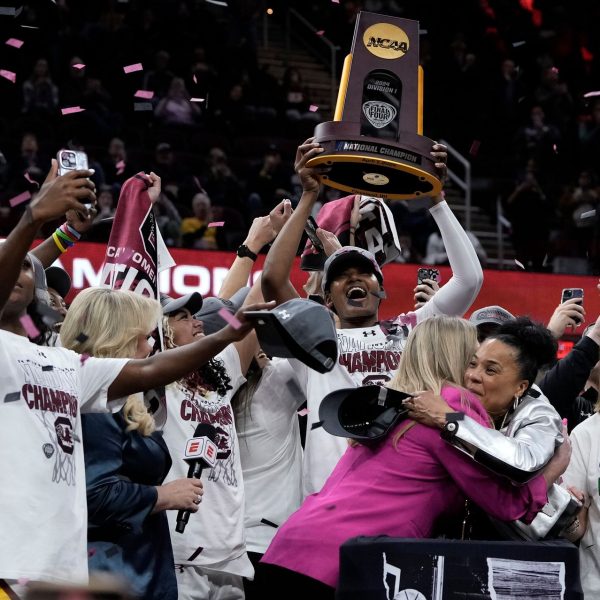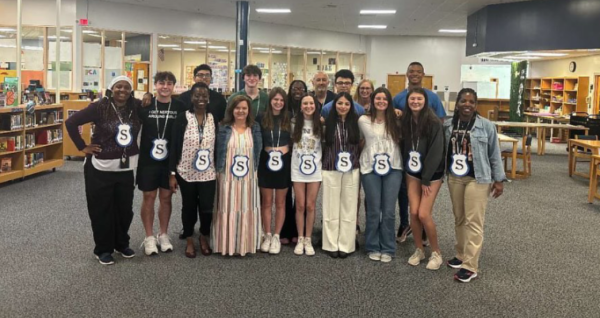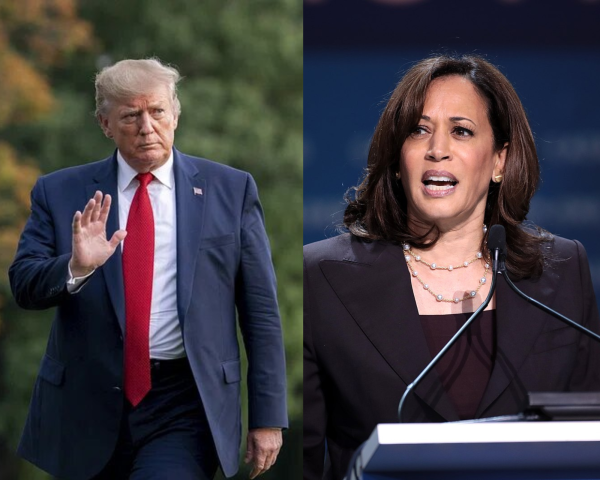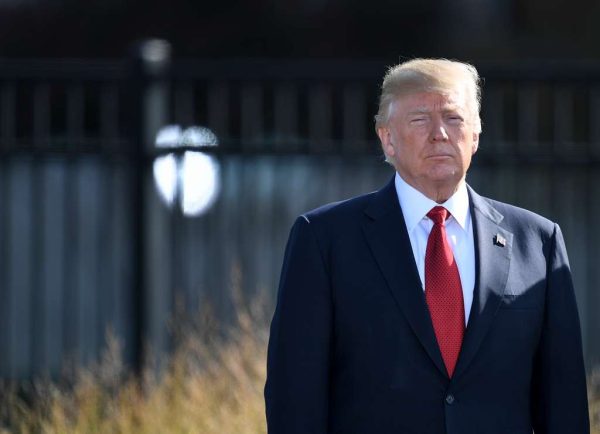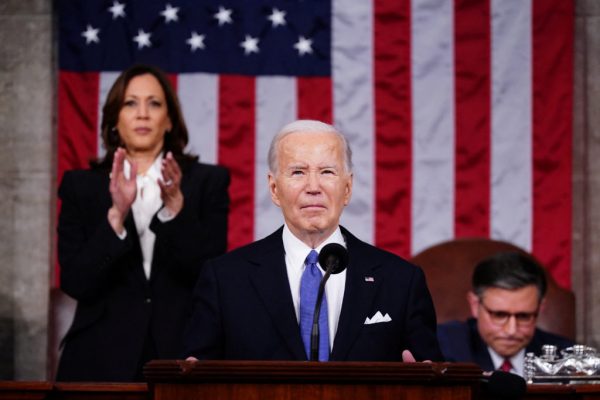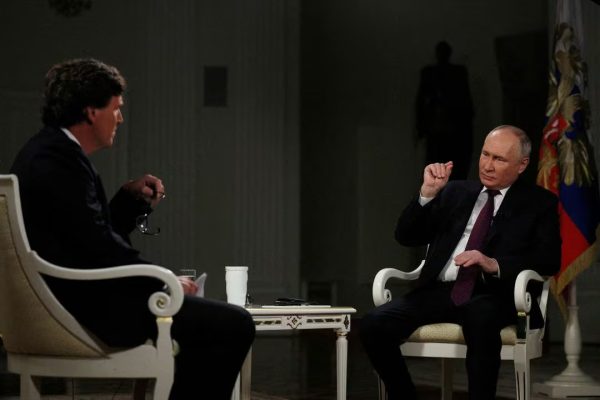London attack shows the world that domestic terrorism is still a threat

Detailing the attackers route, it is evidenced he was able to go a large distance before being stopped. The fact that the attack could occur so close to home is alarming for many government officials.
April 7, 2017
Wednesday, March 22, at around 2:39 pm, Khalid Masood, driving a grey Hyundai, sped on to the Westminster Bridge, crashing into pedestrians, killing three. Masood then ran from the car, armed with two large knives toward the Parliament, stabbing an unarmed security guard to death. Masood was then shot and apprehended by armed guards, but died a short time later. The attack came as a complete surprise, not only to the victims, but to Masood’s family as well. Both his wife and mother were shocked and condemned the attack.
The most alarming thing about the attack, however, was the fact that Masood was born in Kent, a mere hour drive away from where the attack took place. Domestic, or homegrown, terrorists can be just as dangerous as foreign terrorism. The Pulse Nightclub shooting, which killed 49, and the San Bernardino shooting, which killed 14, were executed by US citizens, motivated by ISIS. Just minutes after the killings, they used Facebook to pledge allegiance to ISIS. Mohammad Youssef Abdulazeez, another US citizen who killed five military personnel in a Navy Reserve center, was influenced by terrorist organization propaganda, according to the FBI. Nidal Hasan, a US citizen, who killed 13 people at a Texas Army base, had direct contact with Anwar al-Awlaki, who lead Al-Qaeda in the Arabian Peninsula via email. Masood used WhatsApp, an encrypted service, minutes before the attack. Organizations like ISIS have been known to infiltrate social media sites, like Twitter, to convince 30,000 people to leave their homeland to join the Islamic State. In order to deal with the threats of homegrown terrorism, some United States citizens feel they are forced forced to give up another right, privacy, which some are not prepared to sacrifice. “I don’t feel like the government should be spying on its own people,” said sophomore Joshua McLeod. Overall, this is an issue that has no easy victor, and many Americans are still divided on what to do.



